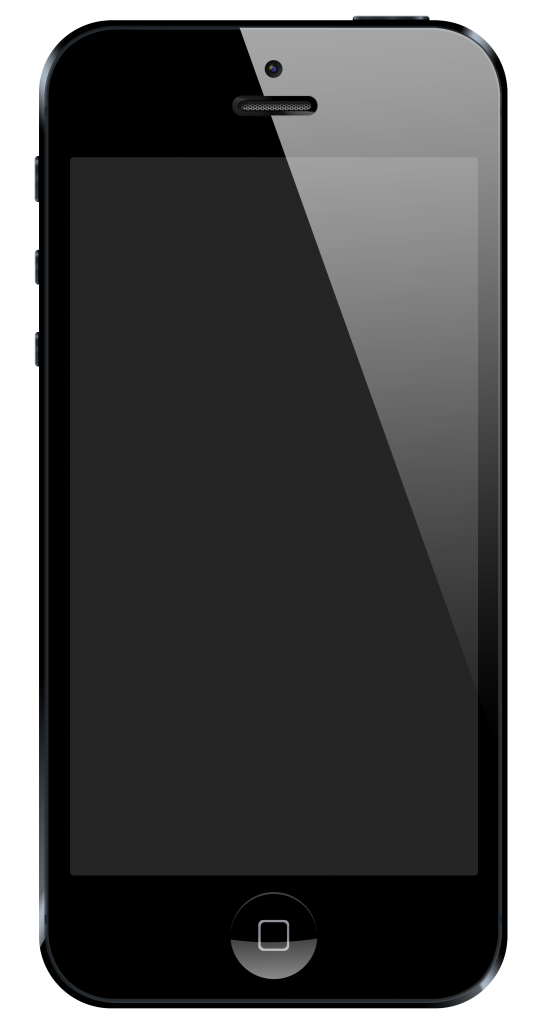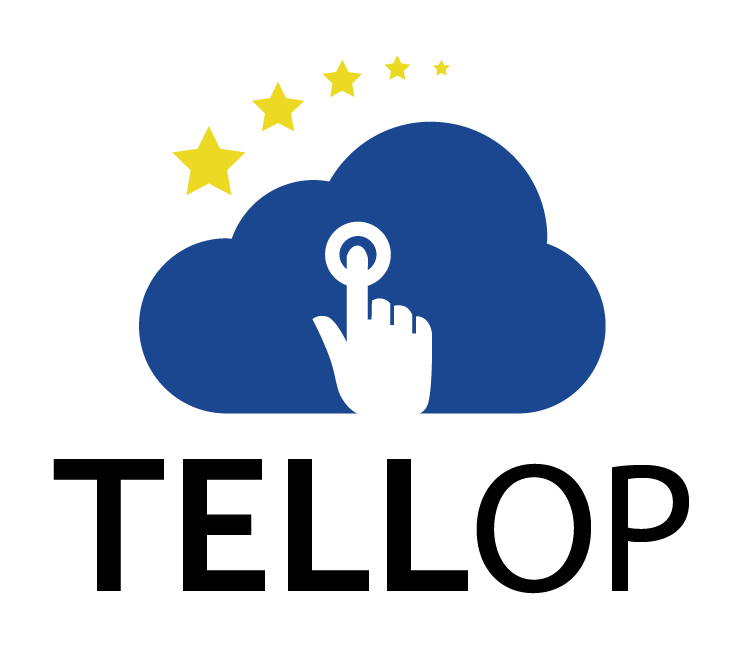

Zhi Quan, Auckland University of Technology
Abstract
Learning words in repetition and in context may be conducive to effective vocabulary acquisition. Research in corpus linguistics and mobile learning can provide pedagogical and technical support for the strategies. DDL (data-driven learning), an approach which features concordancing through a large number of text collection, can facilitate direct and intensive exposure to authentic language in use; the ubiquitous mobile technology nowadays can enable contextual learning experience anytime, anywhere. Thus, “mobile DDL” may synergise DDL and mobile learning, and this combination is a proposal to enhance vocabulary learning with emerging technology. This paper reports an experiment on mobile DDL in the context of academic English. A mobile app was specially designed and developed for voluntary participants in this research to look up core academic words in authentic academic texts. Through passive data capture, questionnaire and interview, it was found that DDL could be adapted to mobile devices. However, the approach was not well acceptable to the intermediate-level students in this research, despite their familiarity with mobile technology in daily life. Major adjustments to DDL seem necessary if mobile DDL is to assist learners at large in vocabulary learning.

